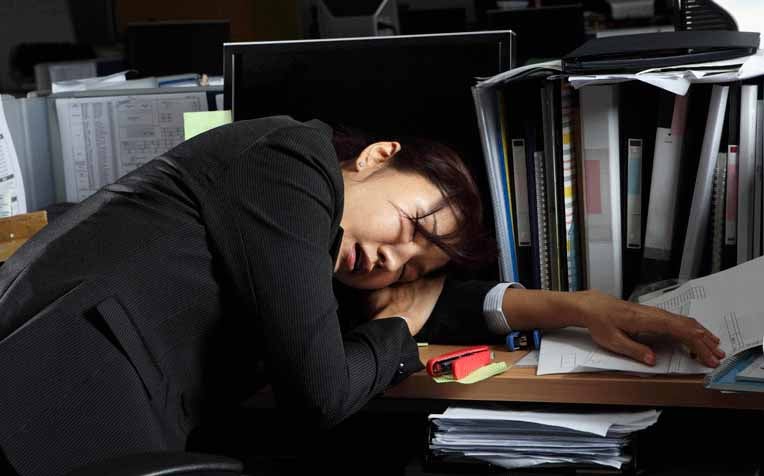HealthXchange will NEVER ask you to transfer money over a call. If in doubt, call the 24/7 ScamShield helpline at 1799, or visit the ScamShield website at www.scamshield.gov.sg.
Why Does Sleep Paralysis Occur?

Sleep paralysis affects 6-7% of people in Singapore.
Approximately 6-7 percent of Singapore's population have experienced sleep paralysis
While some experience it once or twice in their lifetime, others may experience it regularly. The frightening condition, marked by breathlessness as well as the inability to move, scream or open your eyes while awake in bed, has been experienced and described worldwide.
“Knowing what triggers sleep paralysis and understanding how our sleep cycle works can reframe the experience and melt away the fear and terror associated with it,” says Clinical Associate Professor Ong Thun How, Senior Consultant at the Department of Respiratory and Critical Care Medicine, Singapore General Hospital (SGH), a member of the SingHealth group.
What can trigger sleep paralysis
Although supernatural beliefs can intensify the terror felt during a sleep paralysis episode, they do not necessarily trigger it. The following factors, however, may increase your likelihood of experiencing sleep paralysis:
- Mental distress
- Lack of sleep or irregular sleeping hours
- Being a teenager or young adult
- Sudden lifestyle change or variation in sleeping hours (due to jetlag for instance)
- Use of drugs or certain medications to combat migraines and anxiety disorders
- Other sleep disorders including narcolepsy and obstructive sleep apnoea*
How does sleep paralysis happen?
To understand how sleep paralysis happens, you first have to learn a bit more about the sleep cycle.
The four stages of sleep in a sleep cycle
The average person goes through 4 to 5 complete cycles of sleep per night. Each cycle has four stages - 1, 2, 3 and rapid eye movement (REM).
- The brain’s sensory input begins to shut down but you may still recall sounds and sensations from your surroundings.
- Your body starts to relax more
- You are in deep sleep.
- Stage 4, or the REM stage is where your brain suddenly becomes very active, which gives you the ability to recollect vivid dreams. At the same time, almost all of your muscles are ultra-relaxed. This state of relaxation, called hibernation, prevents you from acting out your dream scenario (and unwittingly harming your bed partner).
An overlap between REM and waking stages of sleep
Sleep paralysis happens when there is an overlap between the REM and light stages of sleep. This means that your mind wakes up before the REM stage is complete. As such, you experience the inability to move or shout as well as breathlessness, and even panic. For some people, this feels like a hallucination.
Read page 2 for tips to overcome sleep paralysis and when you should get help.
Ref: Q15
Contributed by
Related Articles
Conditions & Treatments
Public Events
Get the Health Buddy App
© 2025 SingHealth Group. All Rights Reserved.


















 Get it on Google Play
Get it on Google Play